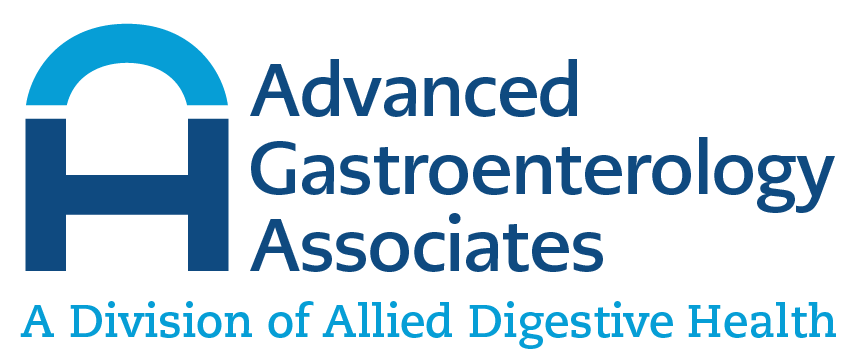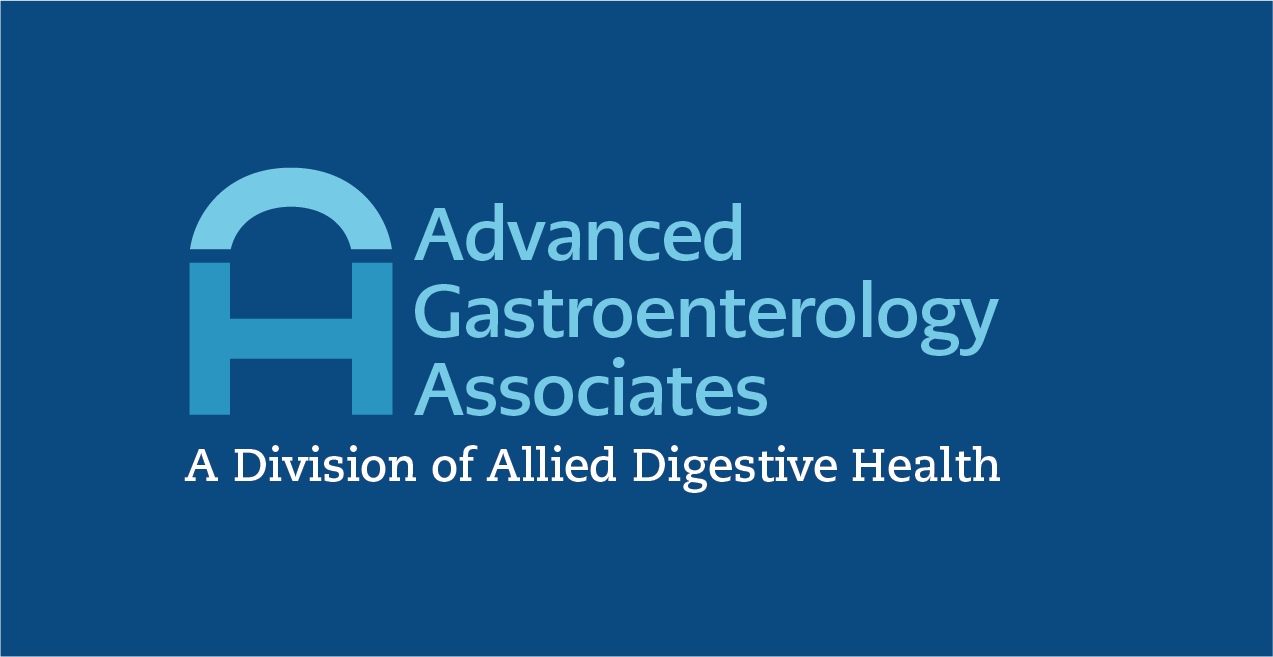Diet & Nutrition
LOW FODMAP DIET
The Low FODMAP Diet is common for those with Irritable Bowel Syndrome (IBS) or Small Intestinal Bacterial Overgrowth (SIBO) to eliminate foods that worsen symptoms.
HIGH FIBER DIET
Following a diet high in fiber has a wide range of benefits, including improving bowel Fiber is an ingredient in many common foods such as fruits, grains, and vegetables that our body cannot break down.
Managing Constipation
If you are suffering from mild to moderate constipation (having a bowel movement fewer than three times per week), constipation can be treated at home by making some changes to your diet.
Lactose-Free Diet
A lactose-free diet means eating foods that do not contain lactose- a sugar that is found in most milk products.
Low Cholesterol Diet
Although your body needs cholesterol, having too much cholesterol can lead to serious health issues, including coronary artery disease and other heart diseases.
Gluten-Free Diet
Gluten is the protein part of wheat, rye, barley, and other related grains. Some people cannot tolerate gluten when it comes in contact with the small intestine.
Low Fat Diet
As part of a regular healthy diet, it is recommended that of the total calories eaten, no more than 30% should come from fat.
Gas & Flatulence Prevention Diet
Various functions along the path of digestion contribute to the production of gas and flatulence. A certain degree of gas or flatulence is normal.
Reflux Diet
Symptoms associated with acid reflux or GERD can be caused by a number of factors, including certain foods that may cause the lower esophageal muscle to relax, causing GERD.
Low Fiber Diet
A low fiber or low residue diet limits the consumption of dietary fiber, oftentimes by placing restrictions on foods found to have high amounts including certain fruits, vegetables, dairy, and whole-grain products.
Bland Diet
The bland or soft diet is designed to decrease peristalsis and avoid irritation of the gastrointestinal tract.
CLEAR LIQUID DIET FOR COLONOSCOPY PREP
The clear liquid diet provides fluids that leaves little residue and are easily absorbed with minimal digestive activity. This diet is adequate in all essential nutrients and is recommended only if clear liquids are temporarily needed.
DIVERTICULOSIS/DIVERTICULITIS DIET
With the presence of Diverticulosis, it is best to follow a high fiber diet. This keeps pressure on the wall of the large intestine and prevents the accumulation of excess bacteria. Increase fiber gradually in your diet, as a sudden increase may cause increased formation of gas.
GALLBLADDER DIET
A Gallbladder Diet focuses on eating small or moderate meals and avoiding all fried and fatty groups, dressing and condiments, and certain vegetables including Asparagus, corn, cucumbers, green peppers, radishes, cabbage, sauerkraut, onions, and garlic.
GASTROPARESIS DIET FOR DELAYED STOMACH EMPTYING
Gastroparesis is the medical term for delayed stomach emptying. During the process of digestion, the stomach must contract to empty itself of food and liquid.


